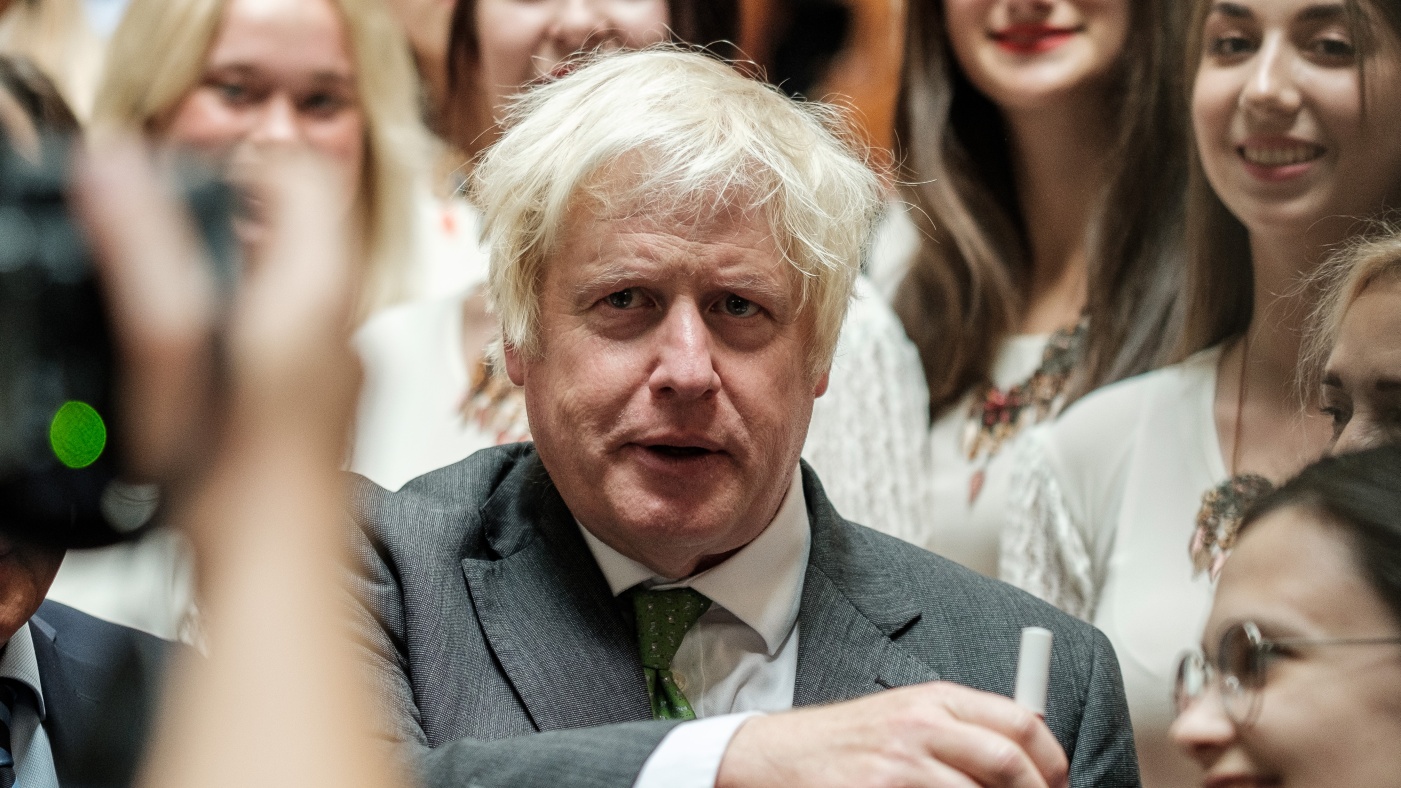Pausing the Johnson & Johnson vaccine is wildly irresponsible


A free daily email with the biggest news stories of the day – and the best features from TheWeek.com
You are now subscribed
Your newsletter sign-up was successful
Use of the Johnson & Johnson coronavirus vaccine has been paused in multiple states after the Food and Drug Administration and the Centers for Disease Control issued an advisory recommending they do so "out of an abundance of caution." The reason is a tiny handful of unusual blood clotting events — just six of them, to be precise, out of a total of 6.8 million doses administered in the United States thus far.
This is an incomprehensible decision. As Helen Branswell writes at STAT News, every single clotting event involved a woman aged between 18 and 48 with a condition called thrombocytopenia (or low blood platelets). It isn't even clear yet that the vaccine actually caused the clots — the background rate of this particular kind of clotting is about five per million people, per year.
Now, of course public health authorities should be vigilant about potential side effects, and they should inform the medical and scientific communities about any troubling data that comes up. It would be understandable to pause a treatment that was just a precaution for some rare disease. But we are still right in the middle of a deadly viral pandemic, and cases are increasing: up from about 55,000 per day in mid-March to 70,000 per day, thanks mainly to an exploding outbreak in Michigan. Deaths are falling, but still coming in at about 750 per day. COVID-19 is a serious disease, even for younger people — indeed, one of the common complications is dangerous blood clots.
The Week
Escape your echo chamber. Get the facts behind the news, plus analysis from multiple perspectives.

Sign up for The Week's Free Newsletters
From our morning news briefing to a weekly Good News Newsletter, get the best of The Week delivered directly to your inbox.
From our morning news briefing to a weekly Good News Newsletter, get the best of The Week delivered directly to your inbox.
It might be reasonable to recommend that women under 50, or anyone with thrombocytopenia, get one of the other vaccines while scientists try to figure out what is going on. But pausing all use of the J&J vaccine will certainly prevent many thousands of people from getting vaccinated so long as the pause lasts, and will likely do long-term damage to the reputation of all the vaccines. The anti-vaccine crowd on Fox News is going to to go nuts with this, spreading fear and paranoia and increasing the resistance of Republicans to vaccination. This decision is the opposite of caution.
A free daily email with the biggest news stories of the day – and the best features from TheWeek.com
Ryan Cooper is a national correspondent at TheWeek.com. His work has appeared in the Washington Monthly, The New Republic, and the Washington Post.
-
 The Olympic timekeepers keeping the Games on track
The Olympic timekeepers keeping the Games on trackUnder the Radar Swiss watchmaking giant Omega has been at the finish line of every Olympic Games for nearly 100 years
-
 Will increasing tensions with Iran boil over into war?
Will increasing tensions with Iran boil over into war?Today’s Big Question President Donald Trump has recently been threatening the country
-
 Corruption: The spy sheikh and the president
Corruption: The spy sheikh and the presidentFeature Trump is at the center of another scandal
-
 Should we be worried about declining birth rates?
Should we be worried about declining birth rates?Talking Points Baby boom or bust
-
 Are men the problem with male contraception?
Are men the problem with male contraception?Talking Points Science could now offer contraceptive gels and pills for men, but questions remain over trials, and men's responsibility
-
 Should masks be here to stay?
Should masks be here to stay?Talking Points New York Governor Kathy Hochul proposed a mask ban. Here's why she wants one — and why it may not make sense.
-
 The bird flu fight is faltering
The bird flu fight is falteringTalking Points Are pandemic lessons going unheeded?
-
 OTC birth control arrives amid the battle over reproductive rights
OTC birth control arrives amid the battle over reproductive rightsTalking Points Opill will cost $19.99 a month. Democrats are pushing to make it cheaper.
-
 What Florida is — and isn't — doing to curb the biggest measles outbreak in the US
What Florida is — and isn't — doing to curb the biggest measles outbreak in the USTalking Points DeSantis appointee defies expert consensus to stop the spread
-
 Covid inquiry: the most important questions for Boris Johnson
Covid inquiry: the most important questions for Boris JohnsonTalking Point Former PM has faced weeks of heavy criticism from former colleagues at the public hearing
-
 No, it's not over
No, it's not overTalking Point New Omicron subvariants are headed our way
